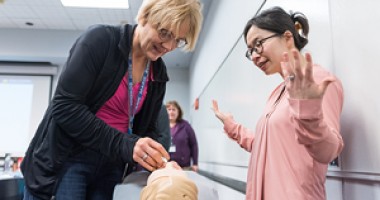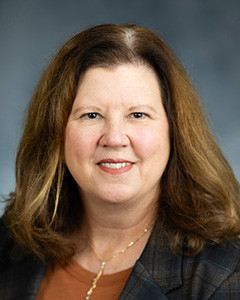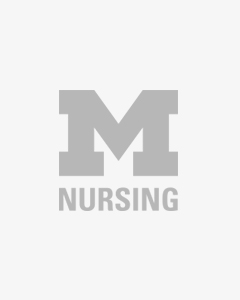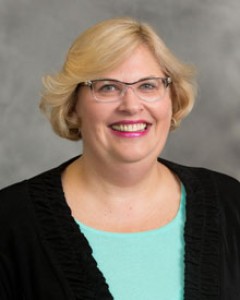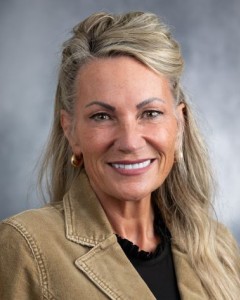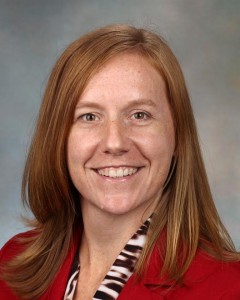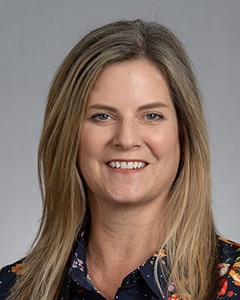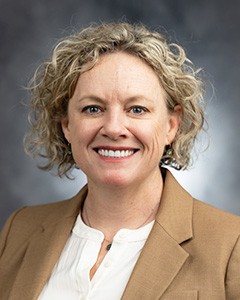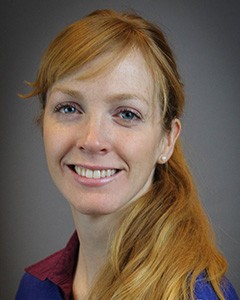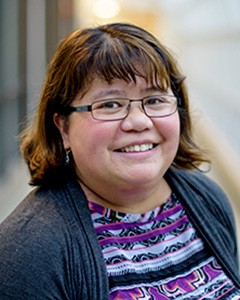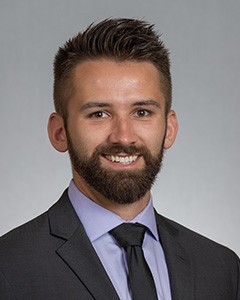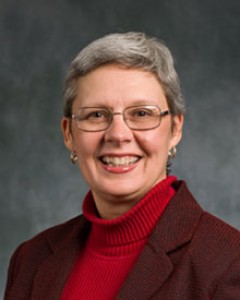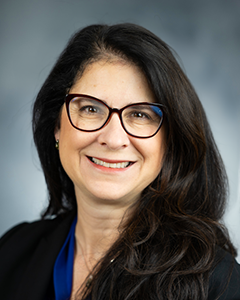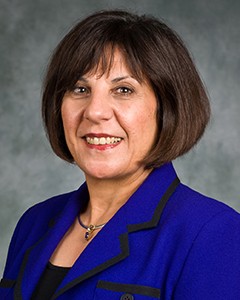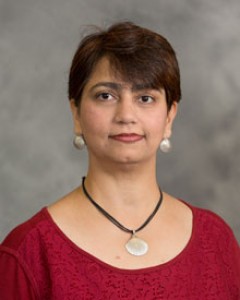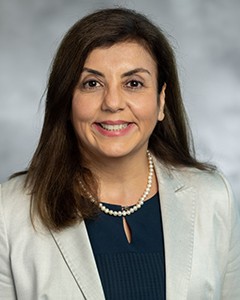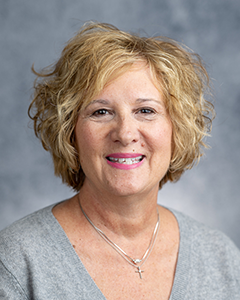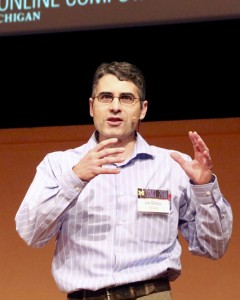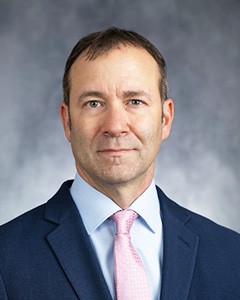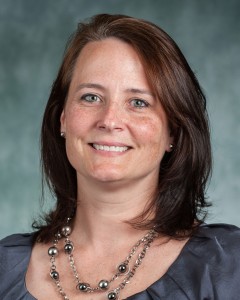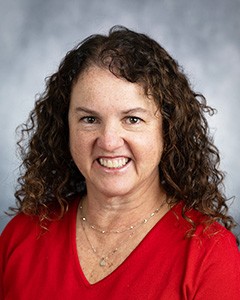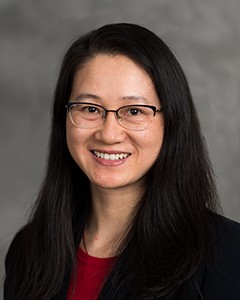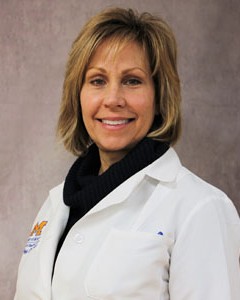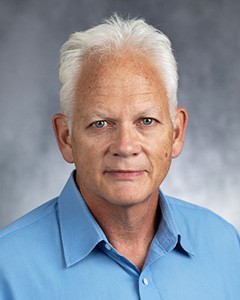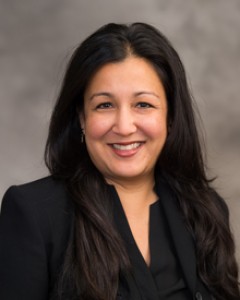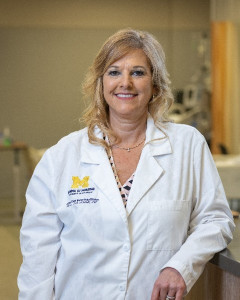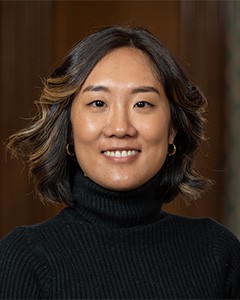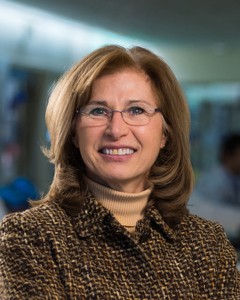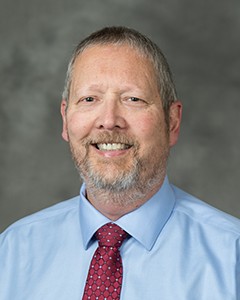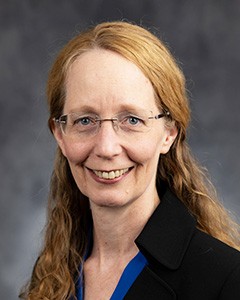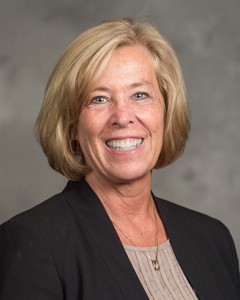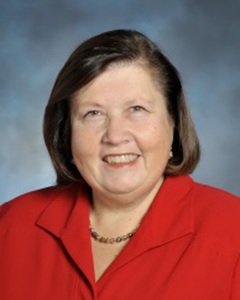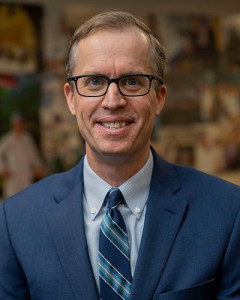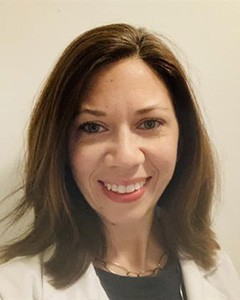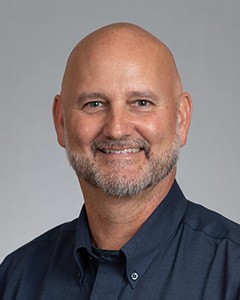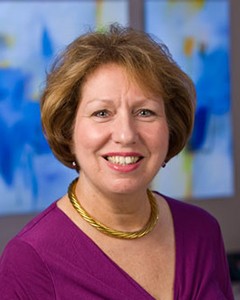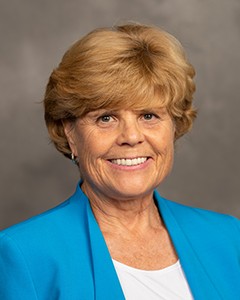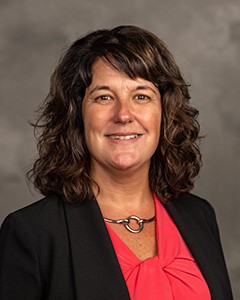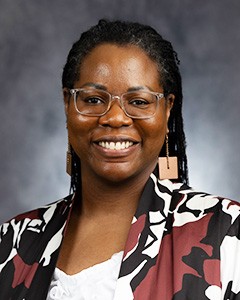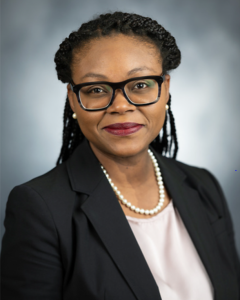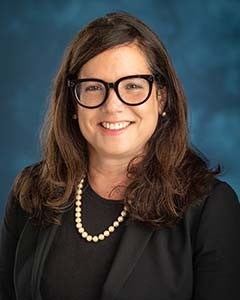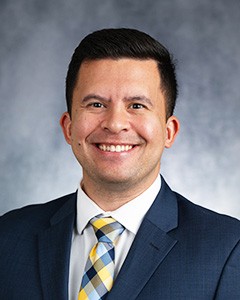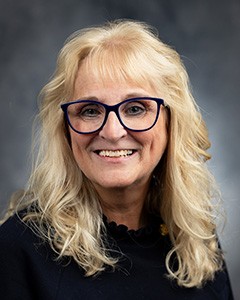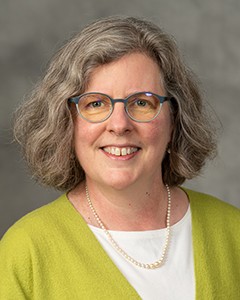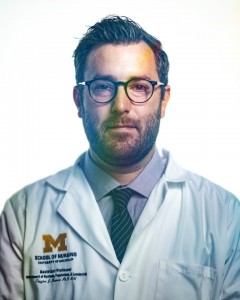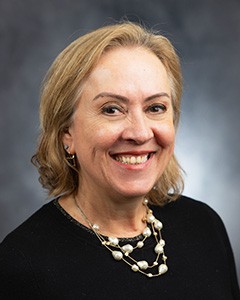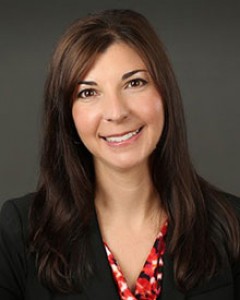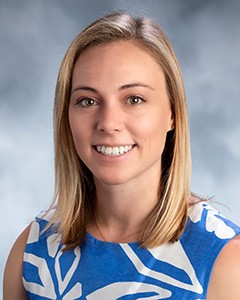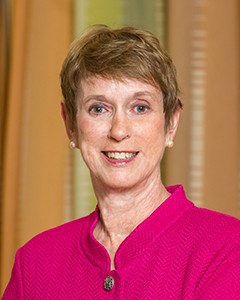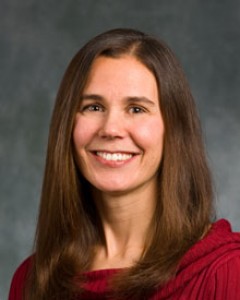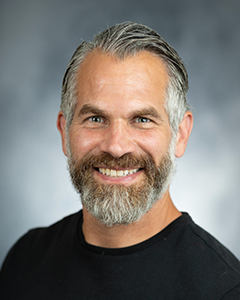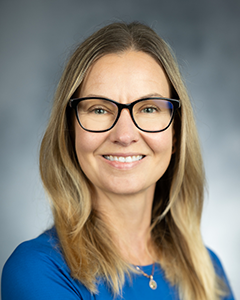Department of Systems, Populations and Leadership (SPL)
SPL Focus
The Systems, Populations, and Leadership (SPL) department was established as a “Nursing Business and Health Systems” Program in 1989, with Dr. Beatrice Kalisch serving as its first Chair. In 1999, it became a Division III “Nursing Business and Health Systems” in the UM School of Nursing and was later renamed to SPL in 2014. The department includes about 45 faculty in the instructional (tenure), clinical professorial, and research tracks.
SPL is dedicated to leading ground-breaking interdisciplinary research, innovative teaching, executive leadership, and clinical practice centered on systems and population-level phenomena that shape the health of diverse groups and communities both locally and globally. In order to critically engage in developing new knowledge, SPL’s interdisciplinary faculty represent nursing science and a wide range of disciplines including epidemiology, economics, health informatics, data analytics, mathematics, statistics, and demography. In addition to representing multiple disciplines, SPL Faculty bring a depth of experience in health care and health system leadership. Grounded in multifaceted research approaches, theoretical perspectives, and clinical practices, SPL faculty seek to discover, evaluate, apply, and teach innovative solutions to improve health and shape the systems and structural factors that influence health and impact policy in Michigan and around the world.
SPL Faculty conduct research, scholarship and practice centered in three key domains:
- Systems: SPL faculty are engaged in research, scholarship, and practice that inform health care delivery, facilitate effective management, and promote economic and environmental sustainability of health care systems. A core goal is improving the experience and outcomes of care and promoting equitable access to care. Our faculty’s work informs contemporary health care delivery systems and policy environments and includes evidence-based quality and safety science, team structure, transdisciplinary communication, performance tracking, occupational exposure and safety, implementation of evidence-based practices, and healthcare markets and value.
- Populations: SPL faculty have a wide reaching and deep expertise in population health – across local and global contexts. We conduct research, teaching, and practice that center on developing and testing approaches promoting healthy lifestyles and quality of life among populations ranging from children and adolescents to older adults. Our emphasis is on identifying critical determinants of health outcomes across multiple levels (i.e., families, communities, and systems) and reducing health disparities. Population and health research within SPL focuses on issues ranging from sexual and reproductive health, substance use, violence, hearing health, chronic disease, aging, neuroscience and neurobehavior, and cancer and pain management.
- Leadership: SPL faculty prepare future healthcare leaders through exceptional clinical practice, tailored mentoring, cutting edge scholarship, rigorous education, and learning (both in person and digitally), and engaged research for executive leadership roles. We provide training in information systems, health services research, implementation science, data science, health analytics, and opportunities to collaborate with clinical and community partners. SPL faculty conduct innovative research to understand and improve the functioning of clinical teams. SPL faculty are routinely represented in leadership roles in national and international nursing and health sciences organizations (e.g., AACN and WHO).
Driven by diverse, interdisciplinary faculty, the work of SPL is grounded in the respectful and productive engagement with diverse communities. The Department strongly supports the School’s EPIC (Empower each other to interrupt or disrupt disrespect; Practice communication that is beneficial, kind, and true; Inspire and be inspired by our members’ worth, significance, and integrity; and Cultivate respect for ourselves and others routinely, publicly, and privately) values in all professional interactions and communications.
SPL History
During the first 100 years of the School, there have been many reorganizations, improvements, restructuring, and program enhancements. The story of SPL starts in 1973, when Carolyne Davis assumes the deanship of the School of Nursing and School enrollment reaches 1,100 undergraduates instructed by 115 faculty members. The professional Pediatric Nurse Practitioner master’s program was established and a new joint program in Nursing Health Services Administration was launched jointly with the School of Public Health.
In 1977, the Master’s program in community health nursing moved from the School of Public Health to the School of Nursing. Later, in 1983, the School established a new Home Health Care concentration and a Chronically Mental Illness concentration. Two years after that, the School of Nursing moved to its own facility in the 400 North Ingalls Building. For the first time in its history, the entire school was housed together in one contiguous space (currently School of Nursing Building 1). The School faculty revamped the Nursing Administration program and graduated the first cohort of SPL-type students.
During the centennial celebrations in 1991, a Dual degree Program in Nursing Administration and Business Administration Program was launched with a grant from the Commonwealth Fund. At the undergraduate level, a new Cooperative BSN Program agreement with Jackson Community College was established. In 2001, a couple of new dual degrees in Nursing and Health Policy and Nursing and Information Systems were initiated. In 2010, the Department established the professional MS in Nursing Informatics graduate degree, which was restructured in 2019 as the current Leadership Analytics and Innovation (LAI) graduate professional program.
SPL Services
Centers





